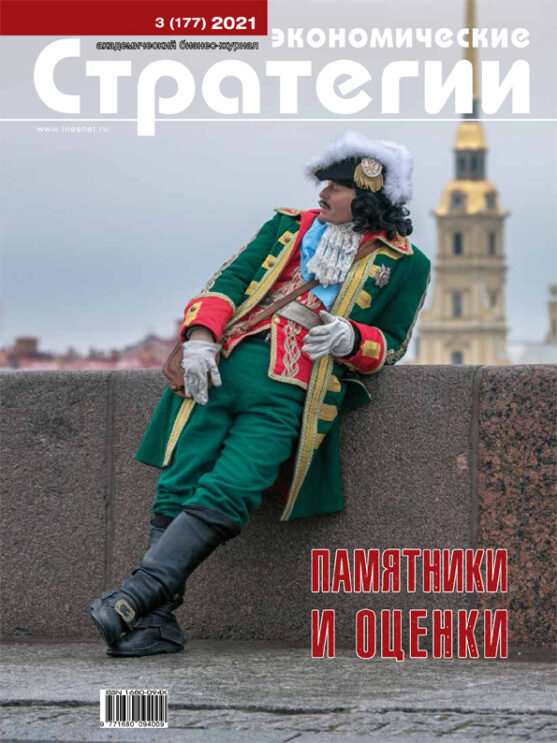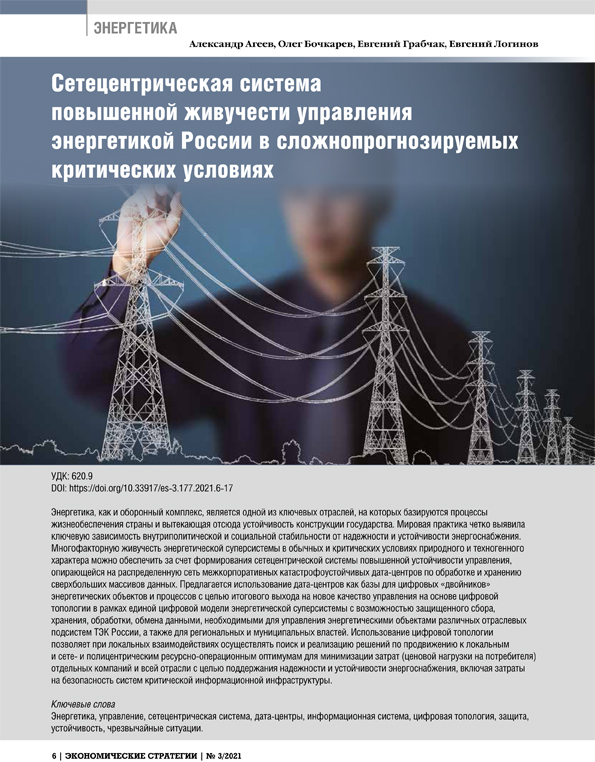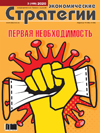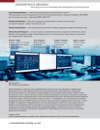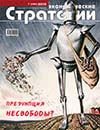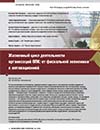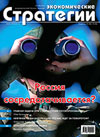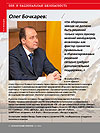Net-Centric System of Elevated Stability (Survivability) of Energy Management in Russia Under Difficult-to-predict Critical Conditions
DOI: https://doi.org/10.33917/es-3.177.2021.6-17
Energy sector, like the defence complex, is one of the key industries that serve as a basis for the life support processes of the country and the resulting stability of the state political structure. World practice has clearly demonstrated the key dependence of domestic political and social stability on reliability and sustainability of energy supply. Multifactorial survivability of the energy supersystem under normal and critical conditions of natural and anthropogenic origin can be provided through forming a net-centric system of elevated management stability, based on a distributed network of inter-corporate disaster-resistant data centers for processing and storing extremely large data sets. It is proposed to use data centers as bases for digital “twins” of energy facilities and processes in order to finally achieve a new quality of control based on digital topology within a single digital model of the energy supersystem with the possibility of secure collection, storage, processing and exchange of data, necessary for managing power facilities of various sectoral subsystems of the Russian fuel and energy complex, as well as for regional and municipal authorities. Application of digital topology makes it possible, during local interactions, to search for and implement solutions for moving towards local, network and polycentric resource-operational optima in order to minimize costs (price burden on the consumer) of separate companies and the entire industry with the aim of maintaining reliability and sustainability of energy supply, including security costs of the critical information infrastructure systems


